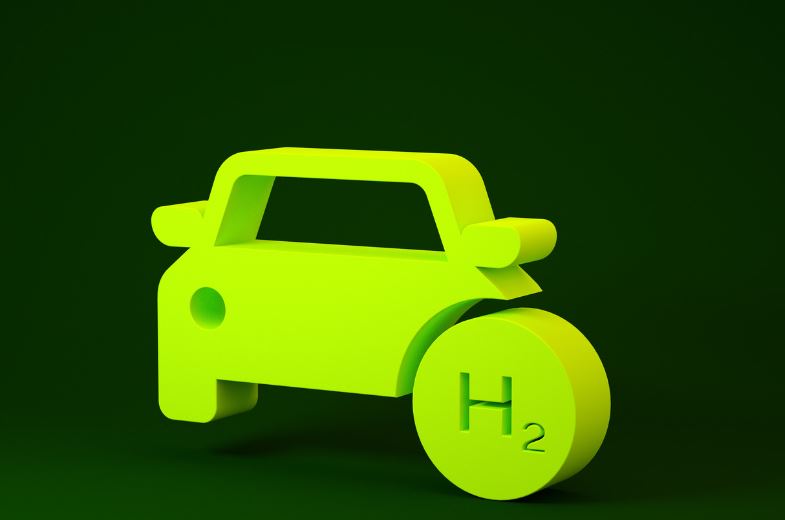A recent study by Diming Lou and colleagues, published in the International Journal of Hydrogen Energy, sheds light on this critical issue and offers new perspectives on mitigating knock in hydrogen engines.
Hydrogen internal combustion engines (ICEs) have long been heralded as a promising clean energy alternative for the transportation sector. However, one of the significant hurdles in their development is the phenomenon of knock combustion, characterized by sharp noises and potentially damaging high-pressure oscillations.
The research, conducted through bench tests and a 1D simulation model on GT-Power, identifies that engine speed is the most influential factor in knock combustion. Utilizing the Taguchi-Grey method, the study ranked four primary factors affecting knock: engine speed, spark timing, injection timing, and injection pressure. The results revealed that engine speed has the largest impact, contributing to 50.64% of knock combustion occurrences. Interestingly, while advancing spark timing initially increases the tendency for knock, it eventually causes a decline in knock propensity.
Additionally, the study noted that knock combustion decreases significantly with higher air-fuel equivalence ratios. For example, the percentage of knock cycles in 100 continuous cycles dropped from 45.8% to 0 when the equivalence ratio (λ) increased from 2.47 to 3.37.
Potential Applications
The findings from this study could pave the way for more efficient hydrogen ICEs through optimized control strategies. Adjustments in engine speed and careful manipulation of spark and injection timing could minimize knock, thereby enhancing engine performance and longevity. This has implications not only for automotive industries aiming to meet stringent emissions regulations but also for other sectors relying on robust engine performance.
Technical Details
The study’s methodology using the Taguchi-Grey method provided a nuanced understanding of the relative importance of various factors influencing knock. This statistical approach is pivotal in distinguishing the impact of each variable, thereby offering precise insights into optimal engine configurations.





